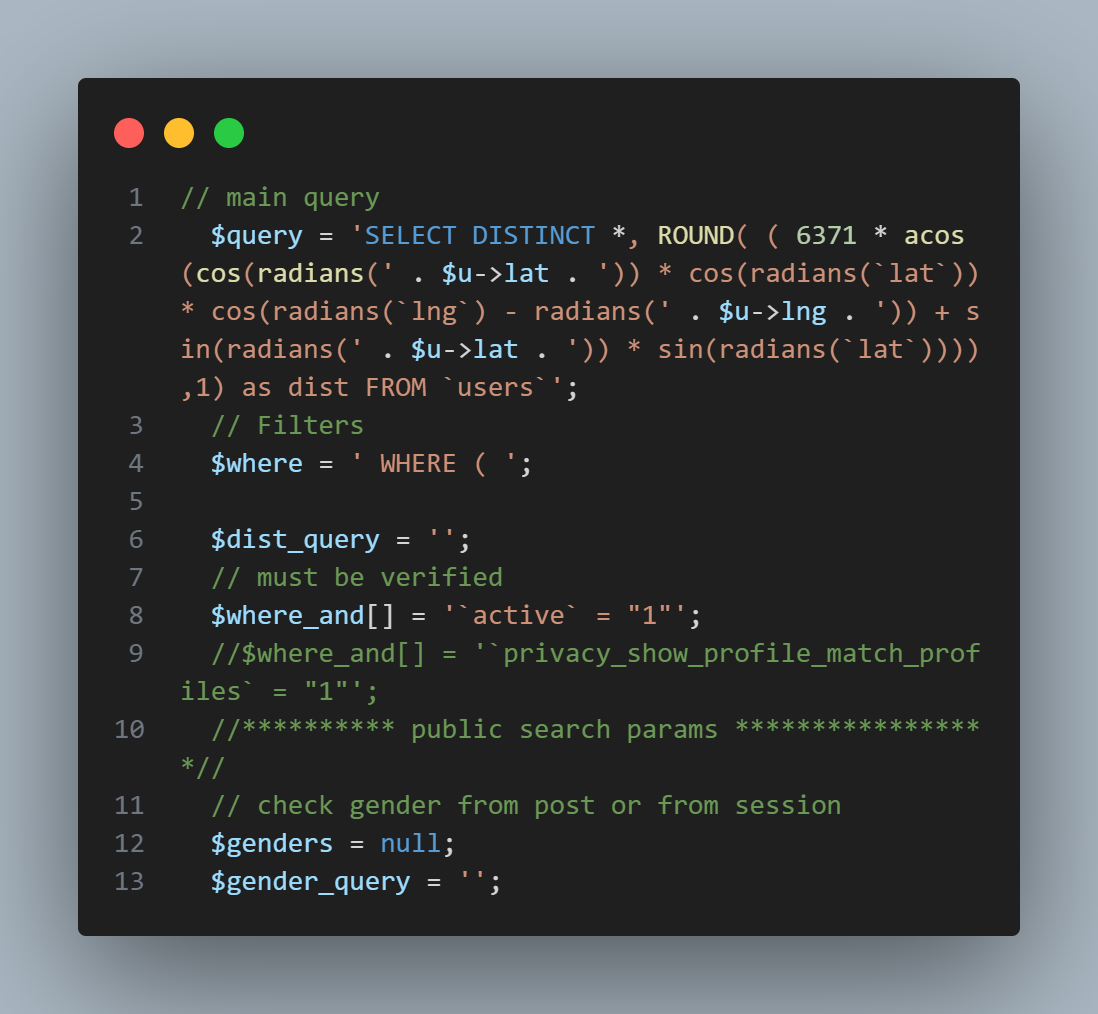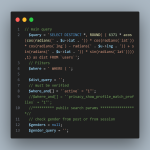Many aspiring programmers hesitate to start their coding journey because they believe they need to be exceptional at math. It's a myth that has discouraged countless creative minds from exploring the world of software development. But here's the truth: while math plays a role in programming, being good at math is not a prerequisite for becoming a successful coder.
The Role of Math in Programming
Let’s be clear: math is undeniably important in certain areas of computer science. Fields like machine learning, data science, graphics programming, and cryptography rely heavily on mathematical concepts such as linear algebra, probability, and number theory. In these domains, math is the engine that powers complex algorithms and models.
However, the vast majority of programming tasks, especially in web development, mobile apps, automation, and scripting, require only basic math skills. You’ll use arithmetic for things like counting iterations in loops, calculating percentages, or managing time intervals. These are tasks that most people can handle with ease, even if they don’t consider themselves “good at math.”
Programming Is More Than Numbers
What truly defines a great programmer isn’t their ability to solve equations - it’s their ability to solve problems. Programming is fundamentally about logic, structure, and creativity. It’s about understanding a challenge, breaking it down into manageable parts, and building a solution that works.
Think of coding as a form of communication. You’re telling a computer what to do, step by step. That requires clarity, precision, and a logical mindset, but not necessarily advanced math.
In fact, many successful developers started with little to no math background. What they had was curiosity, persistence, and a willingness to learn. They built projects, made mistakes, and improved over time. And when math became relevant, they learned it in context, often finding it far more intuitive than it had ever seemed in school.
What You Really Need to Succeed
So what skills do you actually need to thrive as a programmer?
Logical thinking: The ability to break down problems and think through solutions step by step.
Pattern recognition: Spotting similarities in code and reusing solutions effectively.
Basic arithmetic: For loops, counters, and simple calculations.
Attention to detail: Catching errors and writing clean, readable code.
Adaptability: Willingness to learn new tools, languages, and yes: sometimes math concepts when needed.
These are the qualities that matter most. And the good news? They can all be developed with practice.
Let Go of the Math Anxiety
If math has ever made you feel intimidated or inadequate, it’s time to let go of that fear. Programming is one of the most accessible and empowering skills you can learn today. It opens doors to creativity, innovation, and career opportunities across industries.
Start small. Build something simple. Focus on solving problems and learning how code works. As you grow, you’ll naturally encounter situations where math is useful, and you’ll be ready to learn it when the time comes.
Remember, coding is a journey. You don’t need to be a math whiz to begin, and you certainly don’t need to be one to succeed.
So go ahead, write your first line of code. The only thing you truly need is the courage to start.




